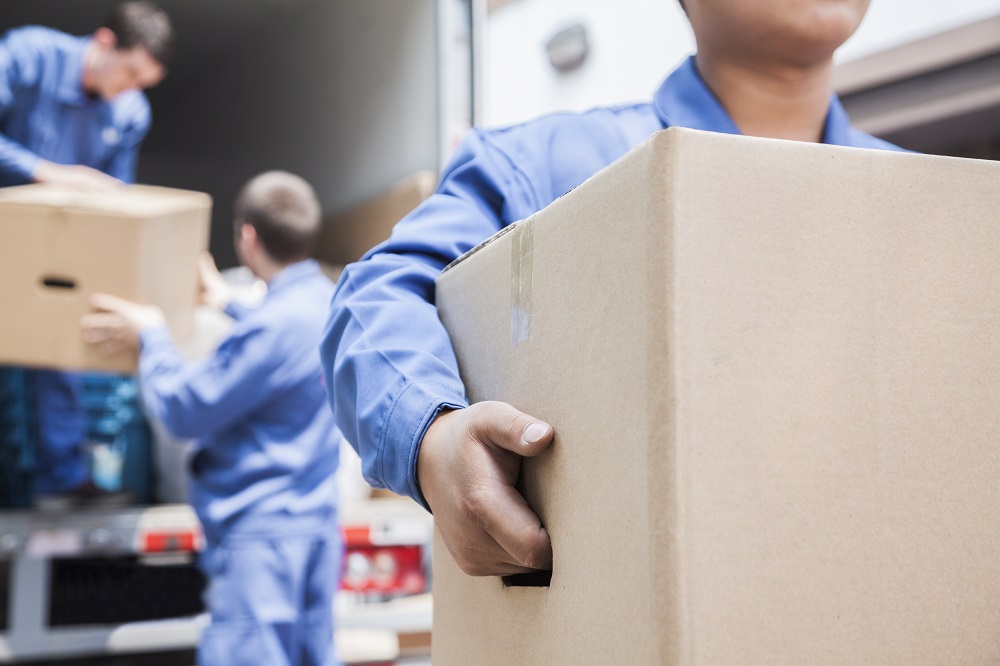The COVID-19 pandemic is affecting daily operations everywhere in the world, and the Philippines’ schools are no exception. With over 26,000 confirmed cases in the Philippines as of writing, it’s highly unlikely that the threat of the pandemic will go away anytime soon even as schools are scheduled to open soon.
Because of the pandemic, you can expect that your child’s education may be affected during this time. So, here’s what you can expect to happen in the near future and how it can affect your child’s learning.
Online Schools May Be the New Normal
Department of Education Secretary Leonor Briones announced that schools will not open until a vaccine against COVID-19 is found. This may be a problem for students who do not have easy online access, especially those in poorer or rural communities.
With that in mind, you can expect that online schools for all levels will be the norm until at least 2021. It takes years to develop, produce, and administer vaccines to the public. The earliest possible COVID-19 cure may come from the pharmaceutical company Pfizer. The company’s head claimed that their tests could find a vaccine as early as October 2020, but in terms of production, distribution, and administering the drug, mass production and distribution would not be possible until 2021. Because of this, expect that your child may have to continue online school for at least their upcoming school year.
Your Child’s School May Close Down
Private schools in the Philippines are set to lose P55.2 billion if school openings are delayed, and P142.1 billion if classes are not open at all. Many private schools may not be able to withstand the blow the COVID-19 pandemic has done to the education sector, which is why many schools are on the verge of shutting down operations should their losses become too great. This applies to all private schools for all levels of education.
The Risk If Schools Are Reopened
Due to the opposition against making schools fully online and inaccessible to students without a steady internet connection, there may be a chance that some schools will be allowed to open by August. If this does happen and you decide to send your child to school, the risks of your child contracting and later spreading the virus to their classmates and to their household members is high.
In this case, you might have to teach your children the proper techniques of staying safe and clean outside the home and how to sanitize themselves when they come home from school. This may also be difficult given the limited number of public transportation available, which means you might have to let your children be driven to and from school via private vehicle or they drive themselves to and from school.
The threat of COVID-19 is unlikely to go away anytime soon. As early as now, it may be best to consider all the options your child has for their education, stay tuned to the news and online government updates, and wait for any updates that could affect your child’s education.


